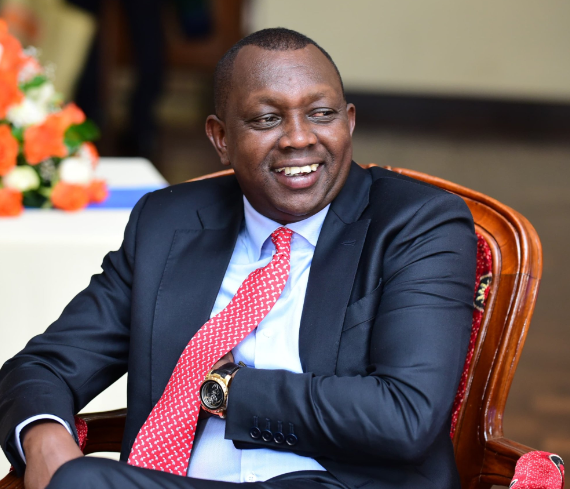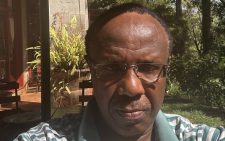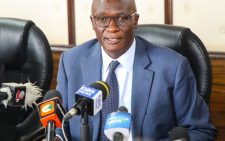Ruto must make bold choices for country’s steady growth

According to the recently issued World Economic Outlook, the International Monetary Fund has raised Kenya’s economic growth outlook for 2023 from 5.1 per cent in October last year to 5.3.
All of this is achievable if the country is in a condition of triad stability: political, economic, and social. As a country, we are seeing a lot of push and pull as a result of political power manoeuvres. The expense of power plays might have an influence on our economic projections and social protection. Is it time for Kenya to stand for Kenya?
Power has been described as the last dirty word. It is easier for most of us to talk about money than it is to talk about power.
People who have it deny it, people who want it try not to appear to be seeking it, and those who are good at getting it are secretive about how they got it. The quest of power for individual gains is not great for the general public.
Although it is true that “power corrupts, and absolute power corrupts absolutely,” this does not imply that power is always bad. Power is a tool that leaders use to advance group goals. Power helps leaders succeed because it helps them achieve their goals. When power skills are fully understood and implemented, they become the keys to higher compensation, job satisfaction, career advancement, organisational change and happiness.
Several issues must change if Kenya is to grow. For sustainable growth to exist, the government must be strategic. For example, it took 200 years to industrialise Britain, 160 years to industrialise America, and 110 years to industrialise Japan, but only 35 years to industrialise China and 25 years to industrialise the Asian Tigers. What was the secret to Asian tigers’ rapid industrialisation? Leadership and governance are essential.
If President William Ruto wants to succeed and realise his goal, he must change his approach to power and administration. Even South Korean and Singaporean military rulers did not demand that their populations alleviate poverty; they did it.
Entire herd
President Ruto does not have the luxury of asking Kenyans whether they want to go forward or down; instead, he should give notice. History has shown that dialogue does not result in change.
It is the outcome of coercion, and excellent leaders build agreement by dominating rather than conversing. South Korea was on the same level as Kenya in 1963. Did you know South Korea borrowed $10,000 from Kenya in 1963 to carry out its vision? Yes, Kenya was a donor country, assisting other poor economies to develop, but South Korea has evolved into a manufacturing powerhouse in 50 years, while Kenya is still lagging. Why? The answer is leadership?
Let me tell you a story about a snake who stole some farmer’s eggs. It would sneak in via a hole in the fence, head for the chicken pen, suck up an egg, and flee, but on the way out, its swollen stomach would get stuck in a hole to pass through, and it would slap its belly against the ground and the fence until the shell broke.
The farmer changed tactics after months of attempting to capture the snake. He boiled an egg and placed it in the open for the snake to eat. The snake slithered in, devoured the egg, and slithered out, as expected, but this time unable to crack the egg’s shell because it was as hard as a rock.
The farmer killed the snake after it became wedged in the tight opening. Perhaps the government should change its strategy.
Most successful governments have to work really hard to achieve this level of success. We can choose to marinate in populism or take the path of bold decisions.
If you want to be powerful, you must find out who you need to have lunch with strategically in order to get things done and establish the relationships that will propel you forward.
Muhoho Macharia is an Innovations Evangelist and a PhD Student












